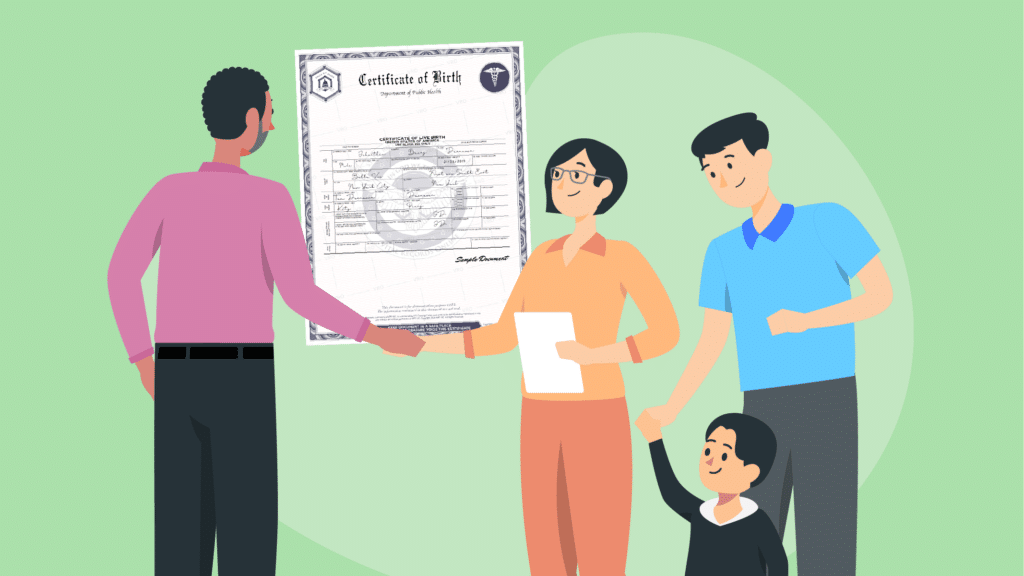Birth certificates serve as vital documents that establish a person’s identity and legal status. However, as children grow and develop their sense of self, some may seek to change their names for personal, cultural, or other reasons. This article will explore the legal procedures and requirements for changing the names of minors on their birth certificates.
Understanding the Name Change Process:
Changing a minor’s name involves a legal process that varies depending on the jurisdiction. While the specifics may differ, the general steps typically include:
- Researching Applicable Laws: Begin by familiarizing yourself with the laws governing name changes for minors in your jurisdiction. Consult local statutes, and regulations, or consult legal professionals for guidance.
- Filing a Petition: Typically, the next step involves filing a petition with the appropriate court. The petition will outline the reasons for the name change and provide the necessary information, such as the current and desired name of the minor.
- Consent and Notification: In many cases, both parents or legal guardians must provide consent for the name change. Notify the non-petitioning parent or guardian about the intended name change and seek their consent. If consent is not granted, additional legal steps may be required.
- Court Hearing: Once the petition is filed, a court hearing will be scheduled. During the hearing, the judge will review the petition, consider any objections, and make a determination based on the best interests of the child.
- Publication and Documentation: In some jurisdictions, a notice of the name change may need to be published in a local newspaper to allow for public awareness or objection. Additionally, the court may require supporting documents such as the child’s birth certificate, identification, and other relevant forms.
- Issuing a New Birth Certificate: If the court approves the name change, a new birth certificate reflecting the updated name will be issued. This new document serves as the legal proof of the name change and should be kept in a safe place.
Important Considerations:
- Parental Consent: It’s crucial to obtain consent from both parents or legal guardians before proceeding with a name change for a minor. In cases where consent cannot be obtained, seek legal advice to understand alternative options.
- Impact on Identity: Understand that a name change can have lasting effects on a child’s identity, including personal, familial, and cultural ties. Encourage open communication and consider the potential implications before initiating the process.
- Legal Assistance: Depending on the complexity of the name change process in your jurisdiction, it may be beneficial to seek legal assistance. An experienced attorney can provide guidance, ensure compliance with local regulations, and represent your interests during court proceedings.
In conclusion, changing the name of a minor on their birth certificate involves a legal process designed to protect the child’s best interests. Familiarize yourself with the specific procedures and requirements in your jurisdiction, and consider seeking legal assistance if needed. Remember that a name change can have a profound impact on a child’s identity, so thoughtful consideration and open communication are essential throughout the process.

